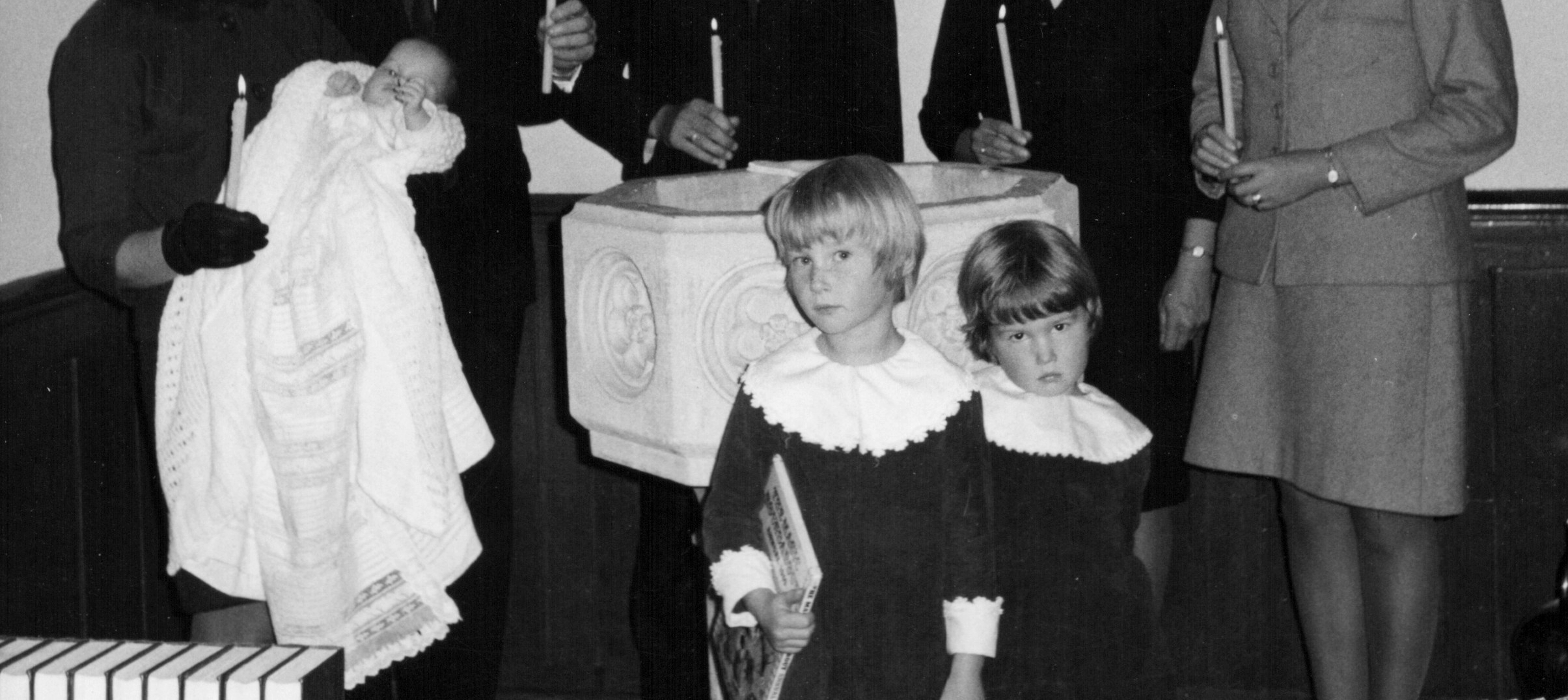“If you deny the autonomy of one group of individuals, what tyranny can you not justify?”
– Sarah Fitz-Claridge
From the archives: First published in Taking Children Seriously 10, 1994
It is often argued that children need to be protected from themselves and that therefore they should remain legally disenfranchised and under the control of their parents. Recently I read a series of articles which in a way came closer to the truth about why adults dislike the idea of children having the same rights as themselves. The thrust of the argument was that the extension of rights to children would decrease adults’ rights, and is therefore a bad idea. This was dressed up with an assertion that the state uses the children’s-rights argument to justify repressive legislation.
One writer described the idea of extending rights to children as “… a degradation of the meaning of individual rights” and claimed that the 1989 Children Act “…undermines people’s right to control their own lives…” Actually, in according more importance to the opinions of individual children, the Children Act diminishes the power of one group of individuals (adults) over another group (children). And what meaning can “individual rights” have if it excludes one group of individuals? Kolya Wolf and David Deutsch point out the inconsistency of such views in their thought-provoking article on page 6 of this issue.
To most adults, it seems self-evident that children are incapable of exercising rights, just as it seemed obvious to many men in the past that women were similarly incompetent. From this presupposition, one can be drawn into a fallacious argument about whether parents or the state should have the right to control children. Marxists and libertarians then argue that the state should not interfere in family life, and they support that view with evidence that agents of the state, for instance, social workers, make dreadful errors which cause much damage. But the problems envisaged arise only in the context of this false “parents-versus-the-state” dichotomy. It was not respect for children’s rights which led to the destruction of families in the various cases of false allegations of sexual abuse: it was that the wishes of the children involved were ignored.
Most adults believe that the law should continue to discriminate against people on the basis of age. I do not. If you deny the autonomy of one group of individuals, what tyranny can you not justify? The argument is not about whether parents or the state should control children. Nor is it about whether parents should be prosecuted for their choice of child-rearing methods. It is about whether one group of individuals, by virtue of their age, should remain legally disenfranchised, or whether they should have the same recourse to law as other groups.
[Note added 30 years later: Not surprisingly, this editorial sparked huge controversy, and were I writing it now, I would not have neglected to mention Karl Popper’s brilliant critique of utopianism and his idea of piecemeal changes. To me, it does seem bad that children do not have the same legal rights as adults—but I do recognise that society does not yet have the knowledge of how to get from here to there. My hope is that discussing these ideas might help. To see how this children’s rights argument developed, go to the first link below. Please be sure to read the warning.]
See also:
- Inculcating consent?
- Three cheers for just-in-time or walk-by cleaning
- “In what ways is Taking Children Seriously different from simply taking everybody seriously?”
Sarah Fitz-Claridge, 1994, ‘Who counts as a rights holder?’, title as published: ‘Children’s rights: a twisted issue’, Taking Children Seriously 10, ISSN 1351-5381, Diary, p. 5, https://takingchildrenseriously.com/who-counts-as-a-rights-holder
